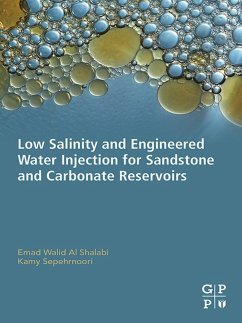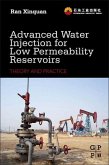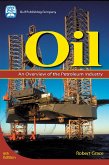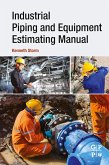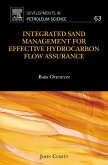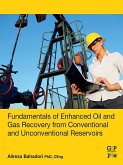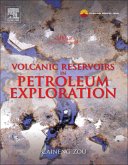Covering significant laboratory, numerical, and field studies, lessons learned are also highlighted along with key areas for future research in this fast-growing area of the oil and gas industry. After an introduction to its techniques, the initial chapters review the main experimental findings and explore the mechanisms behind the impact of LSWI/EWI on oil recovery. The book then moves on to the critical area of modeling and simulation, discusses the geochemistry of LSWI/EWI processes, and applications of LSWI/EWI techniques in the field, including the authors' own recommendations based on their extensive experience.
It is an essential reference for professional reservoir and field engineers, researchers and students working on LSWI/EWI and seeking to apply these methods for increased oil recovery.
- Teaches users how to understand the various mechanisms contributing to incremental oil recovery using low salinity and engineering water injection (LSWI/EWI) in sandstones and carbonates
- Balances guidance between designing laboratory experiments, to applying the LSWI/EWI techniques at both pilot-scale and full-field-scale for real-world operations
- Presents state-of-the-art approaches to simulation and modeling of LSWI/EWI
Dieser Download kann aus rechtlichen Gründen nur mit Rechnungsadresse in A, B, BG, CY, CZ, D, DK, EW, E, FIN, F, GR, HR, H, IRL, I, LT, L, LR, M, NL, PL, P, R, S, SLO, SK ausgeliefert werden.

